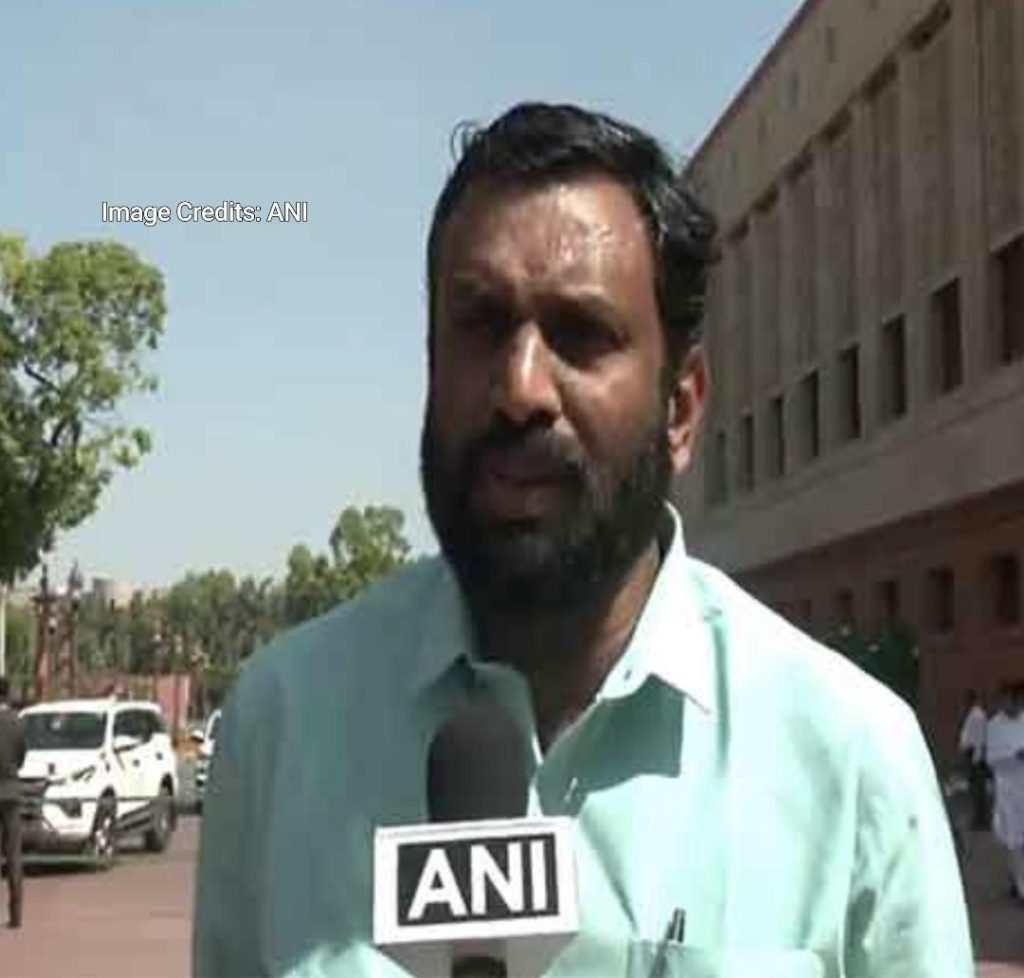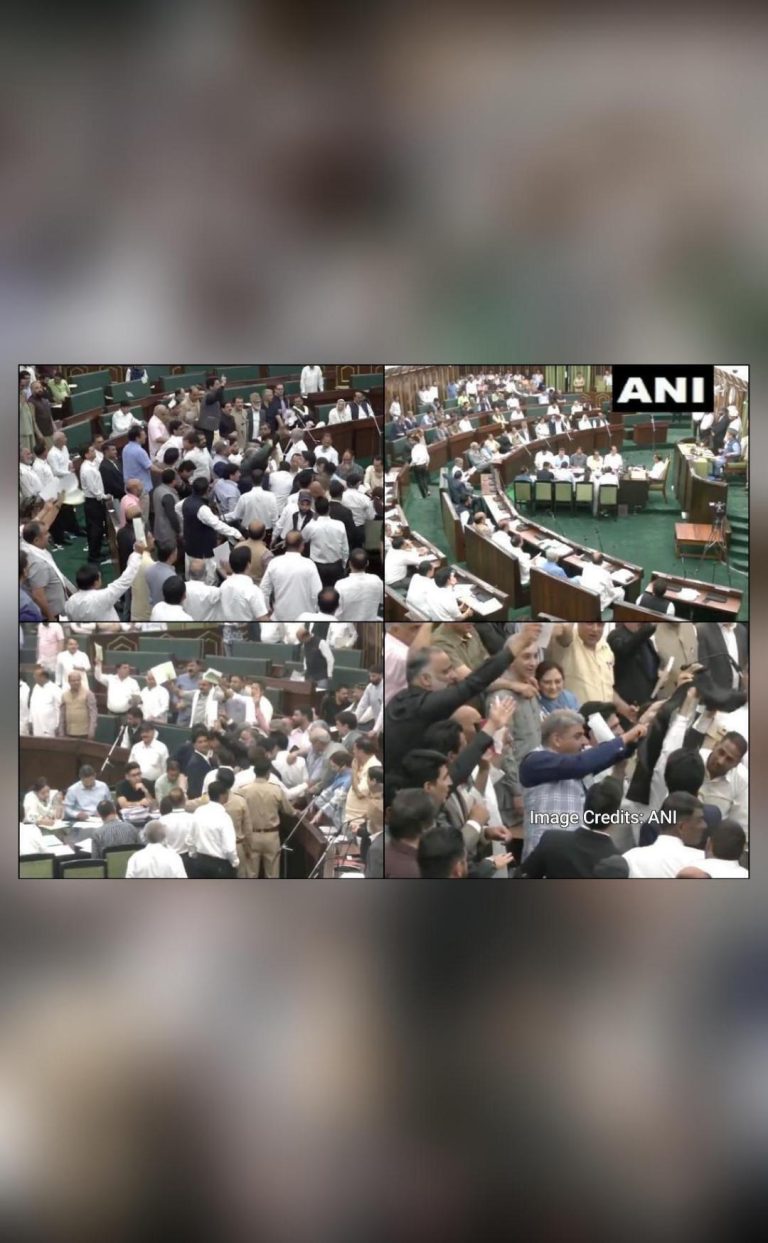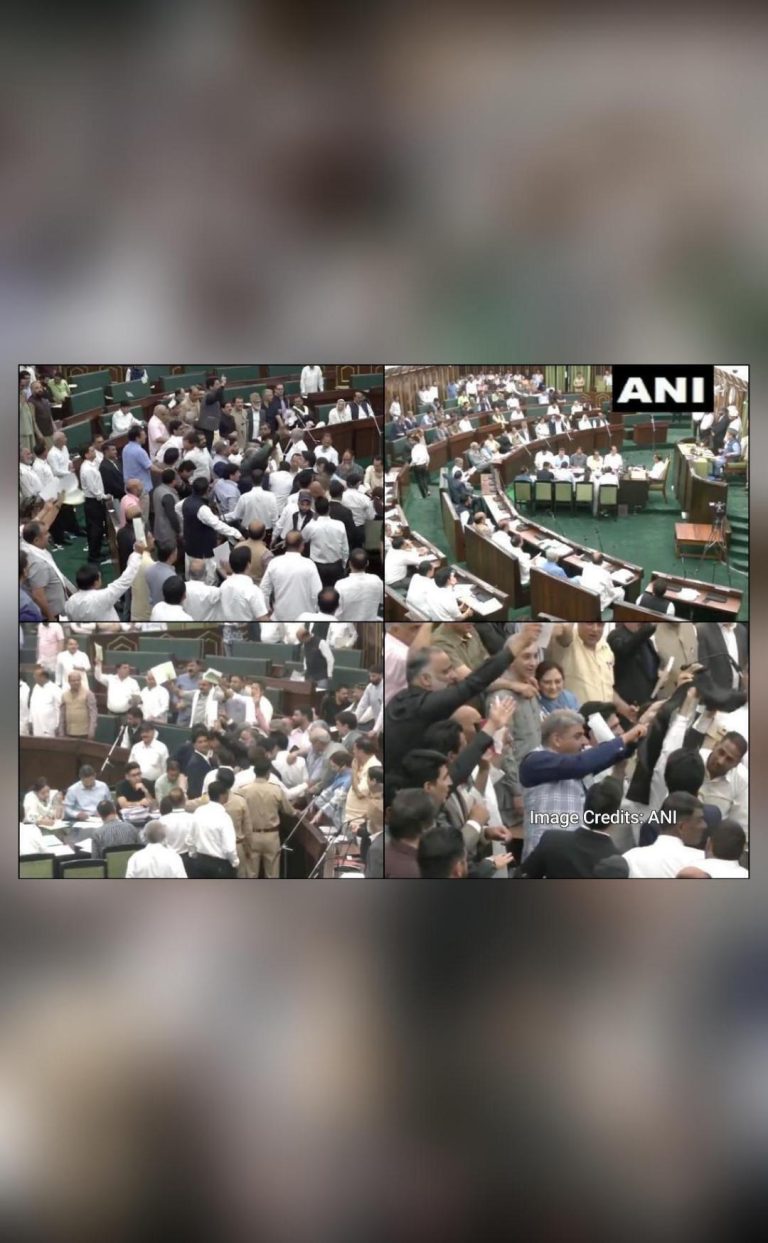
Waqf Bill an issue of secularism, not religion: CPI MP Sandosh
The Waqf Amendment Bill has been a topic of controversy in recent times, with different groups and parties having different opinions on the matter. The latest development in this regard is a statement made by CPI MP P Sandosh Kumar, who has said that the party opposes the bill not because it is a religious issue but because it is an issue of India’s secularism.
Sandosh Kumar’s statement comes after the All India Muslim Personal Law Board (AIMPLB) urged Muslims to wear black armbands as a mark of protest against the Waqf bill while offering namaz on Alvida Jumma on Friday. The AIMPLB has been vocal in its opposition to the bill, which it claims will harm the interests of the Muslim community.
However, Sandosh Kumar has clarified that the CPI’s opposition to the bill is not driven by religious sentiments, but rather by concerns for the country’s secular fabric. “We oppose this bill not because it is a religious issue but because it is an issue of India’s secularism,” he said.
The Waqf Amendment Bill aims to amend the Waqf Act, 1995, which governs the administration of mosques and other religious institutions in the country. The bill seeks to make it mandatory for all Waqf properties to be registered with the state government, which has raised concerns among Muslims that the government is trying to exert control over their religious institutions.
The AIMPLB has argued that the bill is an attempt to undermine the autonomy of Muslim religious institutions and to impose the government’s control over them. The organization has also claimed that the bill is unconstitutional and violative of the rights of Muslims to manage their religious affairs.
However, the government has defended the bill, saying that it is aimed at bringing transparency and accountability to the administration of Waqf properties. The government has also claimed that the bill will help to prevent the misuse of Waqf properties and to ensure that the funds generated from these properties are used for the benefit of the Muslim community.
The controversy surrounding the Waqf Amendment Bill has highlighted the delicate issue of secularism in India. While the government claims that the bill is aimed at promoting transparency and accountability, critics argue that it is an attempt to undermine the autonomy of Muslim religious institutions.
Sandosh Kumar’s statement has added a new dimension to the controversy, with the CPI MP saying that the party’s opposition to the bill is driven by concerns for the country’s secular fabric. The CPI has a long history of advocating for secularism and social justice, and its opposition to the bill is seen as a continuation of this tradition.
The controversy surrounding the Waqf Amendment Bill has also highlighted the need for greater understanding and dialogue between different religious communities in India. The country has a diverse religious landscape, with different communities having different beliefs and practices. It is essential that we promote greater understanding and dialogue between these communities, rather than trying to impose our own beliefs and practices on others.
In conclusion, the Waqf Amendment Bill is an issue of secularism, not religion. While the bill may have religious implications, the controversy surrounding it is not driven by religious sentiments, but rather by concerns for the country’s secular fabric. It is essential that we promote greater understanding and dialogue between different religious communities in India, rather than trying to impose our own beliefs and practices on others.
News Source:



